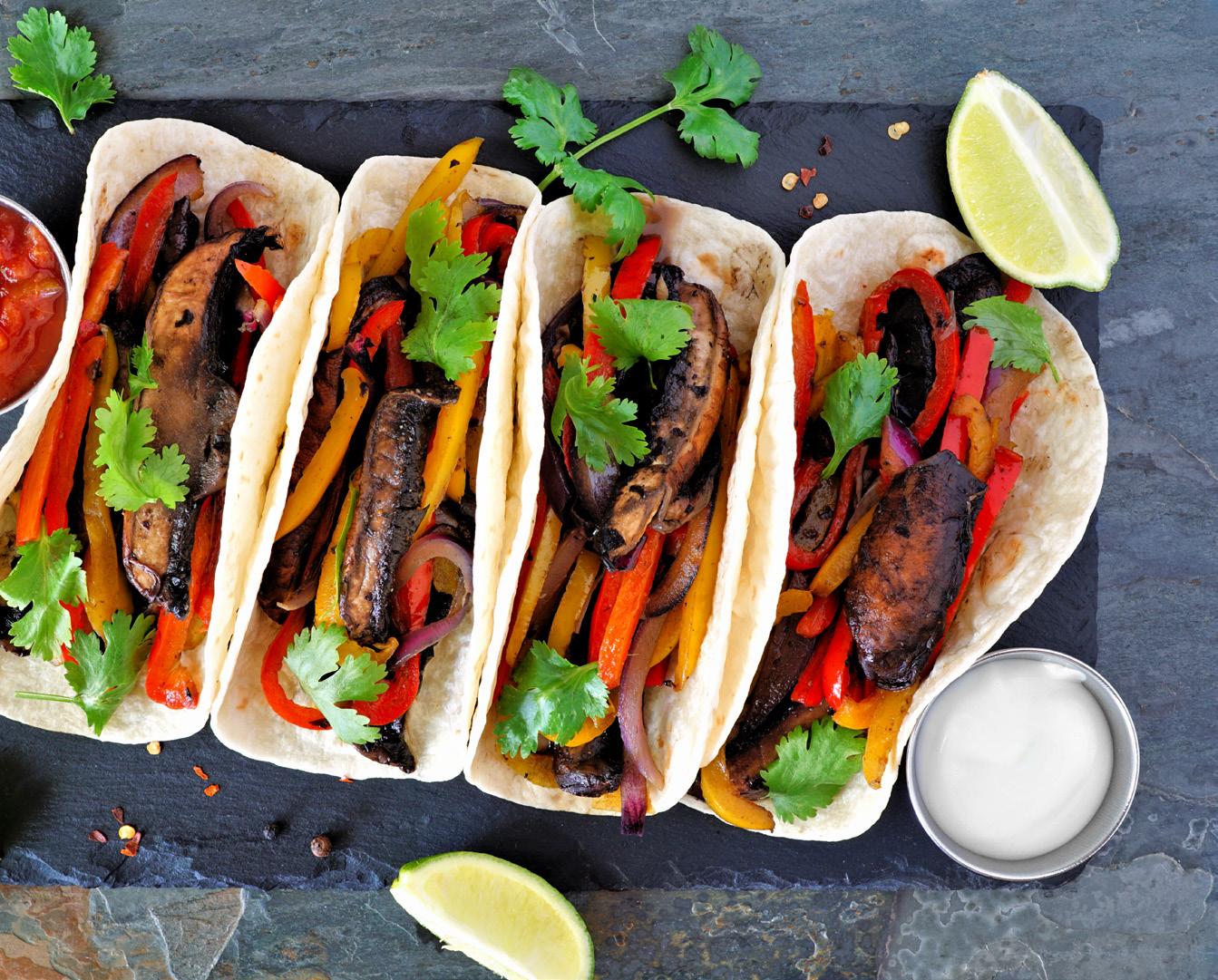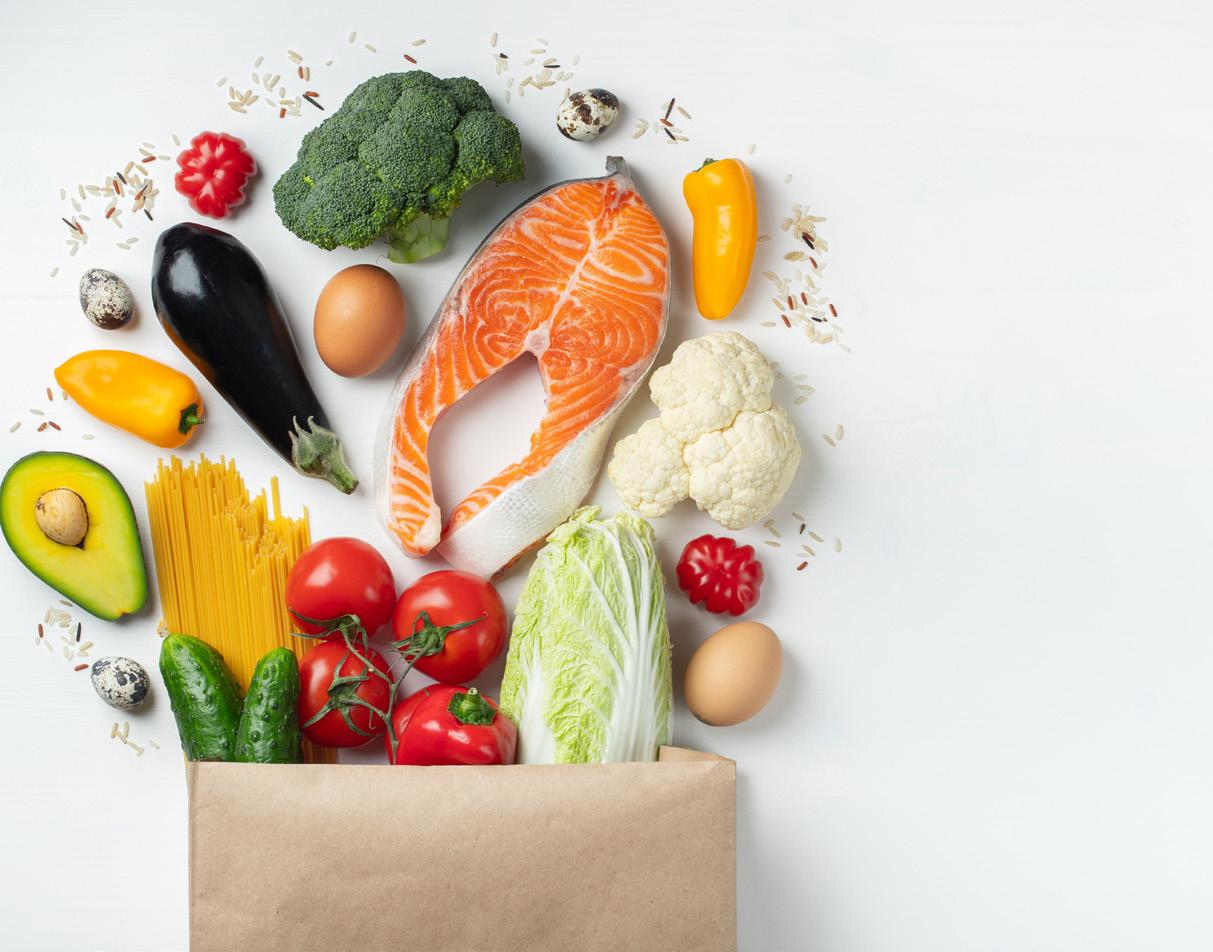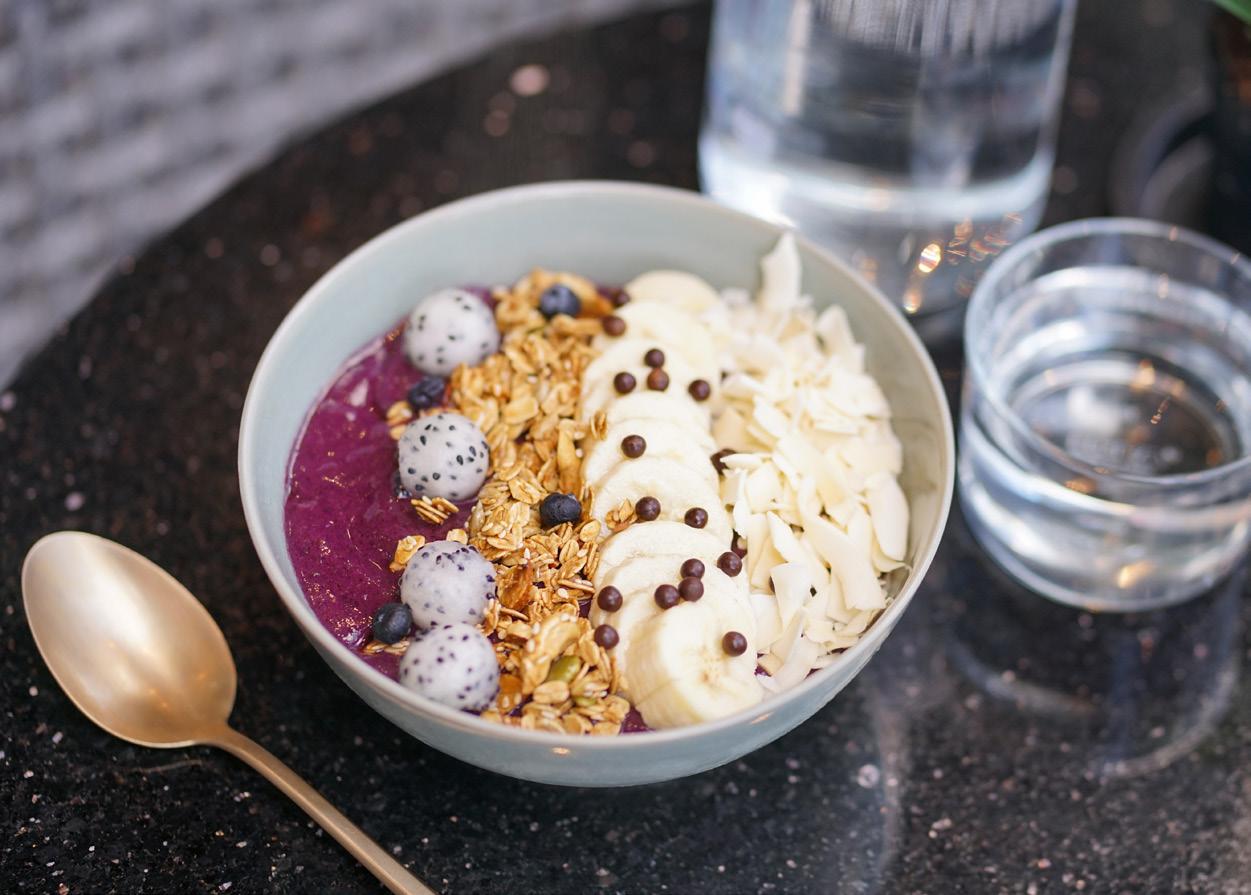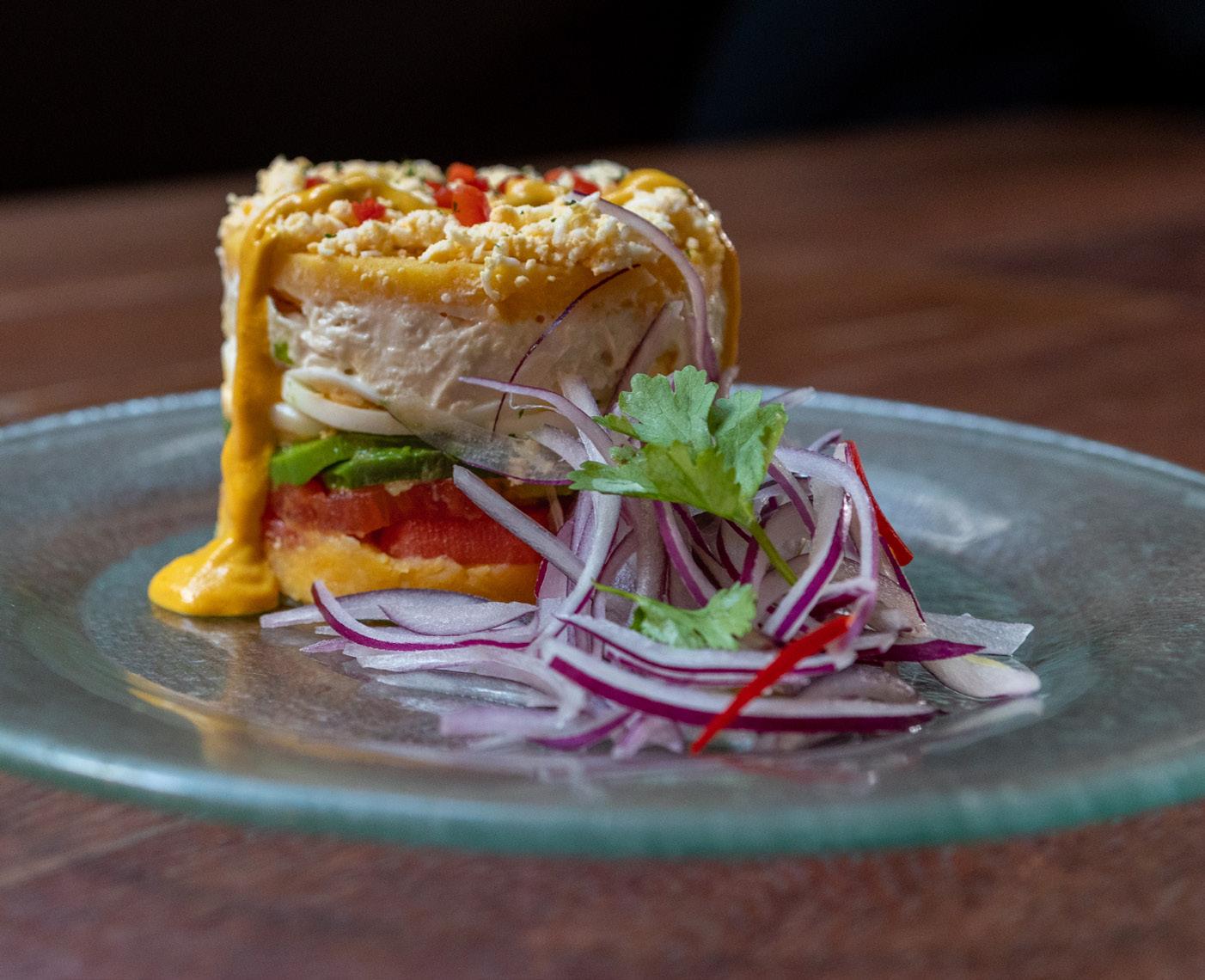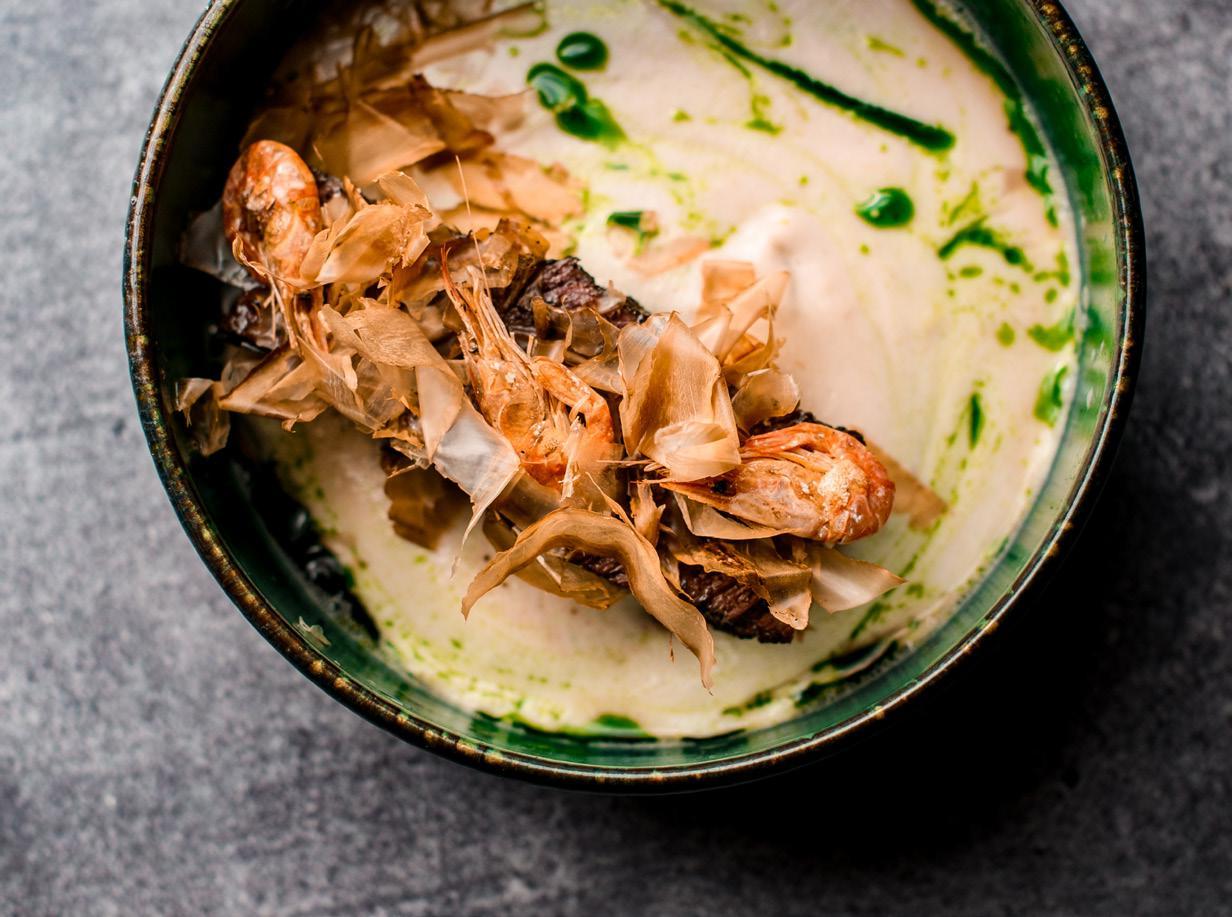
2 minute read
Natural blueprint: Consumers want reassurance that ingredients in products are real and authentic
Better for you, not best for you: Consumers in South America want products that they deem to be guilt-free and conveniently nutritious
Although much attention is given to the issue of health and wellness, it is important not to overestimate the impact that it has on eating and drinking habits across the region of South America. The reality is that the healthiness of diets is something that will vary throughout the day, based on the mindset of the consumer.
Consumers tend to be more health-orientated earlier in the day and later in the evening. However, many admit that their diets are not overly healthy during the middle part of the day. This is because need states such as the desire for escapism and reward, a cure for boredom, and a need for energy have a greater influence on food and drink choice, often at the expense of nutritional value. In addition, changing dietary habits in the region over the last couple of decades means that more consumers than ever before are prone to enjoying moments of indulgence where little-to-no attention is paid to nutritional intake.
24%
19%
Early morning
Source: Active nutrition survey, Q3 2019 (3,000 respondents)
28% 44%
41%
12%
Mid-morning Midday
Over the last twelve months, consumers in South America have also demonstrated two somewhat contradictory need states. On the one hand, consumers have looked to improve their diets. This is because they want to improve their overall health and have also become more conscious about weight gain due to increased levels of comforting eating in 2020, resulting from the uncertainty brought about by the pandemic. However, on the other hand, consumers are prone to turn to comfort food for moments of escapism and to help alleviate feelings of stress. When it comes to such occasions, less attention tends to be given to health. Given that the implications of the virus will continue to linger throughout society for some time to come, the reality is that consumers will continue to demonstrate these two polarising attitudes and behaviours for some time to come.
Ultimately, this will drive demand for products that offer taste and escapism at the same time, enabling consumers to turn to products for indulgence and energy purposes, without such occasions creating feelings of guilt or conflicting with wider health goals. This will drive demand for better-for-you options, especially in impulse categories, over the next twelve months, such as sports nutrition products and products that carry a variety of free-from claims.

